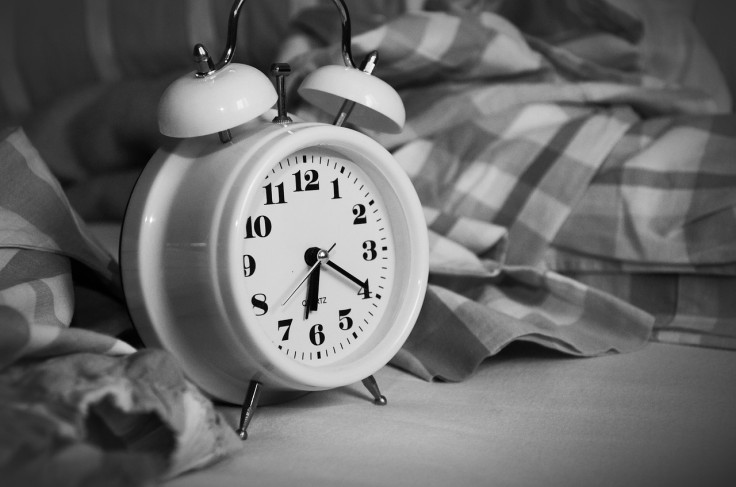
Does the sound of your alarm irritate you in the morning? A new study suggests that waking up to an alarm could raise blood pressure, which could elevate the risk for adverse cardiovascular events such as stroke and heart attack.
Yeonsu Kim, a nursing doctoral student from the University of Virginia's School of Nursing, evaluated how waking up to an alarm contributes to morning blood pressure surge, which happens when people move quickly from being asleep to awake.
Although everyone experiences a certain degree of a surge in blood pressure in the morning, those who regularly have elevated morning blood pressure could be at adverse risk of cardiovascular events like stroke and heart attack.
The study evaluated 32 participants over two days. The participants wore smartwatches and finger blood pressure cuffs during sleep. On the first day, they all woke up naturally without an alarm, while on the second day, they got up with an alarm after five hours of sleep. The morning blood pressure surge in both cases were compared.
"Although the results from this pilot must be interpreted with caution and validated in a larger sample, her research showed that those who were forced awake had a morning blood pressure surge that was 74% greater than those who awoke naturally — evidence of a link between short sleep duration, forced awakening and morning blood pressure surge," Kim said in a news release.
Previous studies have shown that sleeping less than seven hours a night elevates the risk of blood pressure surge and the risk of having a stroke or a heart attack. Researchers attribute this phenomenon to heightened activity in the sympathetic nervous system.
With elevated blood pressure in the morning, the sympathetic nervous system gets activated. The "fight or flight" response of the sympathetic nervous system causes the heart to pump harder and stronger. This stress causes fatigue, shortness of breath, anxiety and neck stiffness. When the stress intensifies, it can cause nosebleeds and headaches.
Kim's study adds to the current body of research on the best ways to wake up in the morning. A 2020 study recommends waking up to melodic sounds to avoid sleep inertia, or the feeling of grogginess after sleep. Another study in 2021 revealed that exposure to morning light decreases melatonin production in the body, which helps in waking up and staying alert throughout the day.







